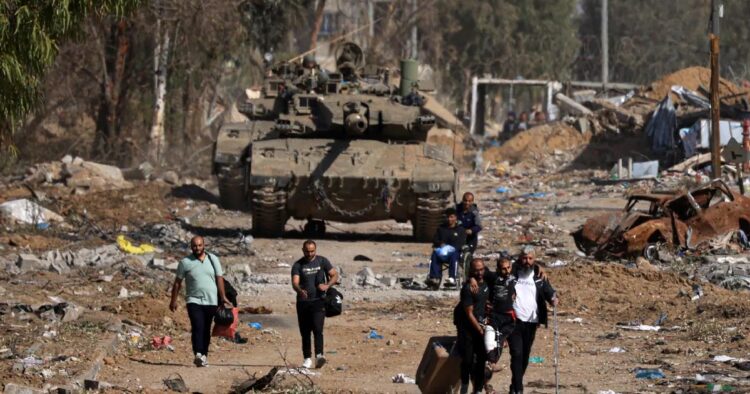A senior Bharat diplomat, R Ravindra, has informed the United Nations Security Council (UNSC) that the ongoing conflict between Israel and Hamas is affecting the safety of maritime commercial traffic in the Indian Ocean. He highlighted attacks in the vicinity of India, directly impacting the country’s energy and economic interests. The Houthi rebels, amid rising attacks on ships in the Red Sea, attribute these actions to their support for Palestinians and opposition to Israel’s actions in Gaza.
Concerns over maritime traffic safety have escalated, with Houthi rebels stepping up attacks. Ravindra emphasized the international community’s shared concern, stating that the situation is detrimental to all parties involved. While not explicitly naming the Houthi rebels, he urged for de-escalation, avoidance of violence, and the creation of conditions for peace negotiations.
Bharat’s Stance and Support for Two-State Solution
Ravindra reiterated India’s consistent message since the conflict’s start: prevention of escalation and the continuation of humanitarian aid. India has delivered relief material to Gaza and contributed $5 million, including $2.5 million in December, to the UN Relief and Works Agency for Palestine Refugees. Bharat supports a Two-State solution, emphasizing direct negotiations for lasting peace and urging all parties to work towards de-escalation.
International Perspectives on the Conflict
Uzra Zeya, Under Secretary of State for Civilian Security of the United States, called on Israeli leaders to minimize civilian harm. She condemned Hamas’ role in the conflict and attacks by Iran and its proxies. UN Secretary-General Antonio Guterres emphasized the rejection of any party refusing the Two-State solution. Israel’s representative stressed the security threats posed by Hamas, accusing them of exploiting aid for military purposes.
Divergent Council Opinions and Calls for Ceasefire
France’s Council President, Stephane Sejourne, presented two options for the UNSC: division or standing alongside both Israelis and Palestinians for peace. Russian Foreign Minister Sergey Lavrov criticized the UNSC’s response, attributing it to the United States’ position. He called for a world order based on international law and accused Western countries of obstructing ceasefire calls.
The perspectives presented in the UNSC debate highlight the complex dynamics surrounding the Israel-Hamas conflict, with nations expressing divergent views on the path to peace and addressing the humanitarian crisis.

















Comments